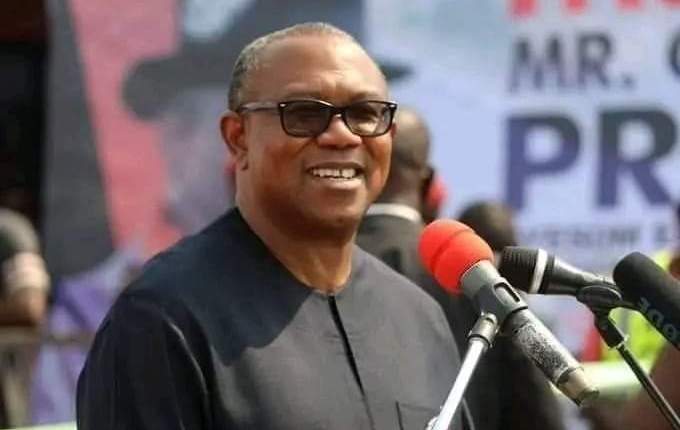Stephen Ukandu, Umuahia
As the controversy over the sustainability or removal of petrol subsidy continues to rage, the presidential flag bearer of the Labour Party, Mr Peter Obi, has submitted that Nigeria should have subsidised the health sector instead of plunging billions of Naira into oil subsidy.
The former Anambra State Governor who made the submission during a presidential Town Hall organised by Arise TV, criticised the Federal Government for the billions of dollar flushed down the drain under the guise of petrol subsidy while the health sector is deteriorating.
Obi argued that if one third of what Nigeria spent on oil subsidy were invested in the health sector, Nigerians would have no business for medical tourism abroad.
The Labour Party candidate advocated at least 10 per cent increase in the health sector budget if Nigeria wants to plug the brain drain that has hit the health sector.
He promised that under his watch, health and education would be accorded due attention considering their critical roles in the development of the country.
He said: “We need to do massive training of doctors who can live, who can stay here but the most important thing is the investment in the health sector.
“Our current budget for health is too low, it is unacceptable. You need to have at least 10 per cent of your budget.”
Obi further harped on the need for conscious investments in human capital development and poverty eradication.
“These are areas where you have to do subsidy not in petroleum consumption. There are areas where government do subsidies and it is productive and development areas that are critical like health, education, fighting poverty, these areas are where you need to invest, so there is a need to build a fiscal package to support the insurance which will allow them to treat from high to low income earners.”
Obi said his administration would adopt some of the measures, policies and disciplines in practice in some countries like Indonesia and Indian which helped them to grow their economy from third world countries to developing nations.

